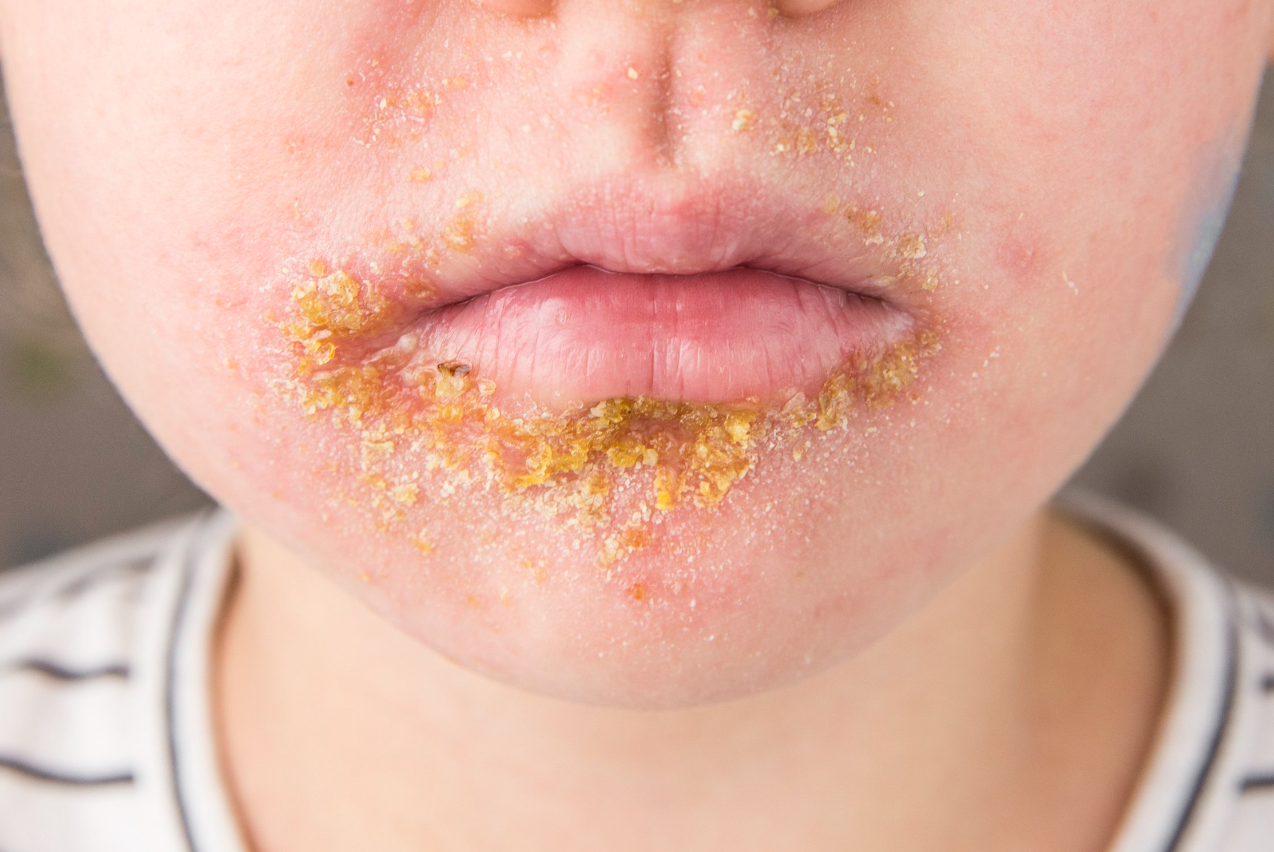Staph Bacteria and Eczema: What is the link?
Staphylococcus aureus (S. aureus) is a type of bacteria that commonly lives on the skin and in the nose of humans. While it is typically harmless in healthy individuals, it can sometimes cause infections, particularly in people with weakened immune systems or those with compromised skin barriers.
Research has shown that S. aureus is more prevalent on the skin of people with eczema than in healthy individuals, with up to 90% of eczema patients testing positive for the bacteria. This high prevalence is thought to be due in part to the impaired skin barrier function in eczema patients, which allows S. aureus to penetrate deeper into the skin and colonize more easily. Once colonized, S. aureus can cause skin inflammation and exacerbate eczema symptoms, such as itching and redness.
In addition to colonizing the skin, S. aureus can also release toxins that further exacerbate eczema symptoms. For example, a toxin called alpha-hemolysin has been shown to induce skin inflammation and contribute to the severity of eczema symptoms. Other toxins produced by S. aureus can also weaken the skin barrier, making it more susceptible to infection and inflammation.
Treating S. aureus colonization in eczema patients is therefore an important part of managing the condition. This can involve a combination of topical and oral antibiotics, as well as measures to improve skin barrier function, such as regular moisturization and the use of emollients. Additionally, some researchers have suggested that probiotics or other microbiome-based therapies may help to restore the balance of skin bacteria in eczema patients and reduce the prevalence of S. aureus colonization. Future therapies may also use "healthy" skin bacteria to re-balance the microbes on the skin of people with eczema.
Receive research updates like this one right to your inbox. Click here to subscribe to our newsletter! Like what we do? Consider donating to GPER!


